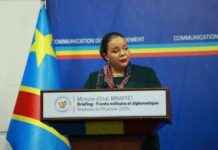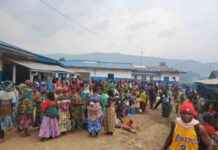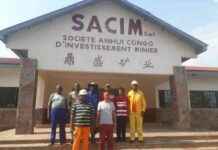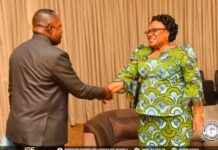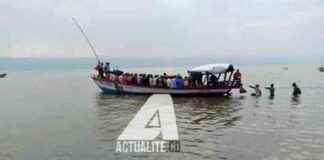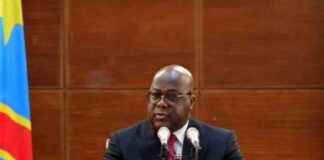The UK Foreign Office has summoned the Rwandan High Commissioner in response to the recent advancements made by Rwandan Defense Forces and the M23 rebel group in the eastern region of the Democratic Republic of Congo. This significant development was announced on Tuesday, February 18, 2025, by the Ministry of Foreign Affairs, Commonwealth, and Development.
Expressing strong condemnation, the UK government views the incursions by the Rwandan Defense Forces and the M23 rebels into the eastern DRC as a blatant violation of the country’s sovereignty and territorial integrity. The Foreign Office spokesperson emphasized the urgent need for Rwanda to withdraw all troops from Congolese territory without delay.
In the same statement, led by David Lammy, the ministry called on Kigali to cease all support for the M23 rebellion, urging a return to dialogue as part of the peace processes facilitated by African leaders. The ongoing conflict in the region, exacerbated by the M23 rebellion backed by Rwanda, has raised serious concerns about the security and humanitarian crisis unfolding in the eastern DRC.
Despite international and regional calls for intervention, the M23 rebellion continues to make territorial gains in the South Kivu province, defying resolutions from the joint SADC-EAC summit held in Dar-es-Salaam, Tanzania, nearly two weeks ago. The situation remains volatile as the region grapples with ongoing violence and instability.
Amidst these challenges, efforts are underway by the Catholic and Protestant churches to engage in consultations aimed at developing a crisis exit plan. However, this initiative has faced resistance from within the government, which remains committed to the stalled peace processes in Luanda and Nairobi.
Regional Initiatives and Challenges
In the face of escalating tensions, regional organizations and leaders have been actively engaged in diplomatic efforts to address the crisis in the eastern DRC. Despite the collaborative efforts of the Southern African Development Community (SADC) and the East African Community (EAC), progress has been slow in implementing the agreed-upon resolutions and restoring stability to the region.
The failure to enforce the decisions made at the recent summit in Tanzania underscores the complex nature of the conflict and the challenges associated with finding lasting solutions to the ongoing violence and displacement affecting the local population. The reluctance of key stakeholders to fully commit to the peace process has further complicated the situation, leaving many communities vulnerable to continued unrest.
Religious Community Involvement and Government Response
Against this backdrop, the involvement of the Catholic and Protestant churches in seeking a peaceful resolution to the crisis highlights the importance of grassroots initiatives in fostering dialogue and reconciliation. The efforts of religious leaders to facilitate discussions and promote understanding among conflicting parties offer a glimmer of hope in an otherwise bleak landscape of conflict and uncertainty.
However, the resistance from within the government to embrace these initiatives underscores the deep-seated divisions and diverging interests that continue to impede progress towards a sustainable peace agreement. As competing agendas vie for dominance, the fate of the region hangs in the balance, with the humanitarian crisis worsening by the day.
As the situation in the eastern DRC remains precarious, the international community must remain vigilant and steadfast in its commitment to supporting efforts aimed at resolving the conflict and restoring stability to the region. Only through coordinated action and unwavering determination can the cycle of violence and displacement be broken, paving the way for a brighter and more secure future for all those affected by the ongoing crisis.

